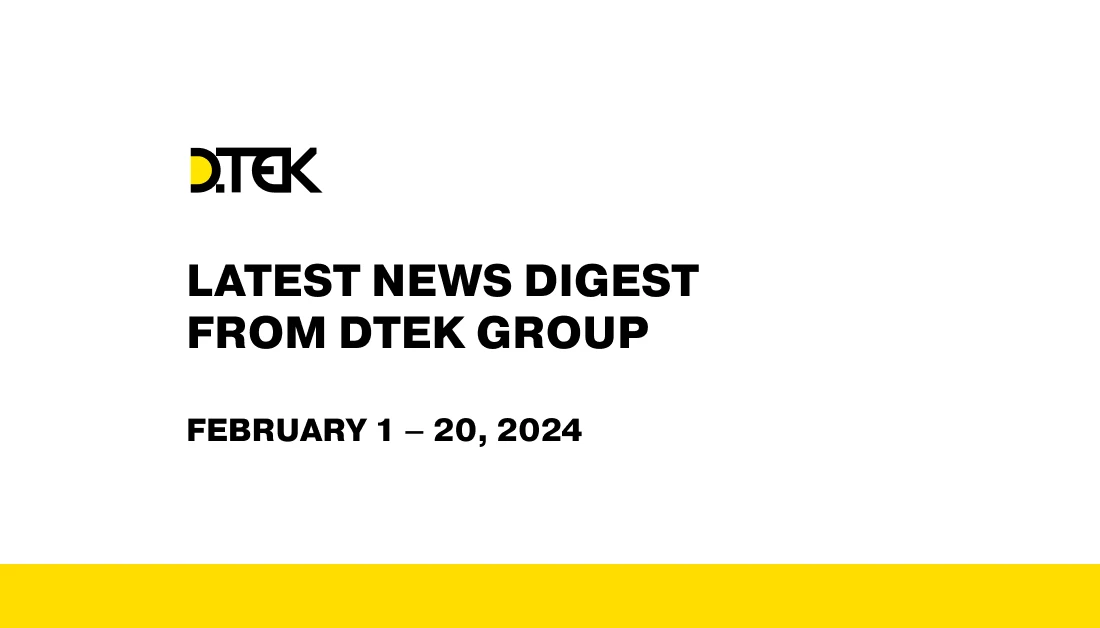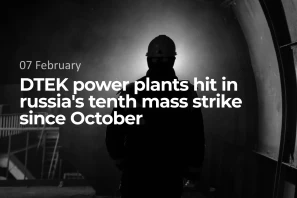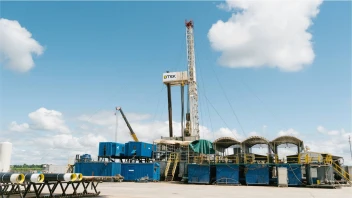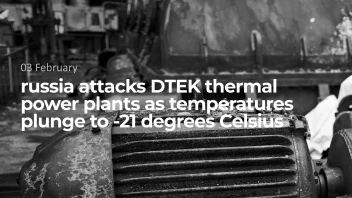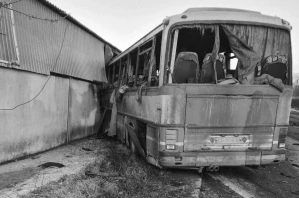DTEK Renewables is accelerating its plans for the Poltavska Wind Power Plant. With a projected capacity of 650 MW, this venture is poised to reshape the energy map of the region. At present, final touches are being applied to the detailed territory plan (DTP), meticulously outlining the location, construction, operation, and maintenance procedures for the WPP. Collaborative efforts between DTEK Renewables and local stakeholders are paving the way for sustainable development within the territorial community.
The Poltavska Wind Power Plant will be ready-to-built in 1Q 2025.
Modus X, previously the IT division of DTEK, has established a strategic partnership with Check Point, a leader in cybersecurity solutions for businesses, to enhance its cybersecurity capabilities.
"This partnership is strategically important for MODUS X, as it allows the company to expand its portfolio of IT security services and become one of the leading providers of these services in Ukraine," said Dmytro Osyka, CEO of MODUS X.
Following the escalation of cyber-attacks after russia's invasion of Ukraine, Ukrainian companies have become increasingly concerned about cybersecurity. In response to these challenges, businesses have been compelled to seek out new measures to protect their information systems.
"We have beautiful projects in Sardinia and some on the Italian mainland. We consider Italy the priority country for our solar and battery storage investments. Italy has very ambitious plans for renewable growth and changing the energy mix," Mr. Timchenko outlined.
DTEK is actively seeking partnerships in renewables, as highlighted by CEO Maxim Timchenko in an interview with Japan’s leading financial newspaper Nikkei. Mr.Timchenko expressed optimism about engaging with Japanese companies, banks and institutions in an upcoming visit to Tokyo and he emphasised the potential for concrete collaborations.
In light of war, Mr Timchenko emphasized the importance of decentralized power generation, such as solar and wind farms, which offer greater resilience compared with traditional fossil fuel power stations.
"During wartime, it is much more secure to build more decentralized power generation like solar and windfarms than big fossil fuel power stations," Timchenko said, noting that he latter are more vulnerable to military strikes.
DTEK POWER STATIONS HIT IN FRESH STRIKES BY RUSSIAN INVADERS



